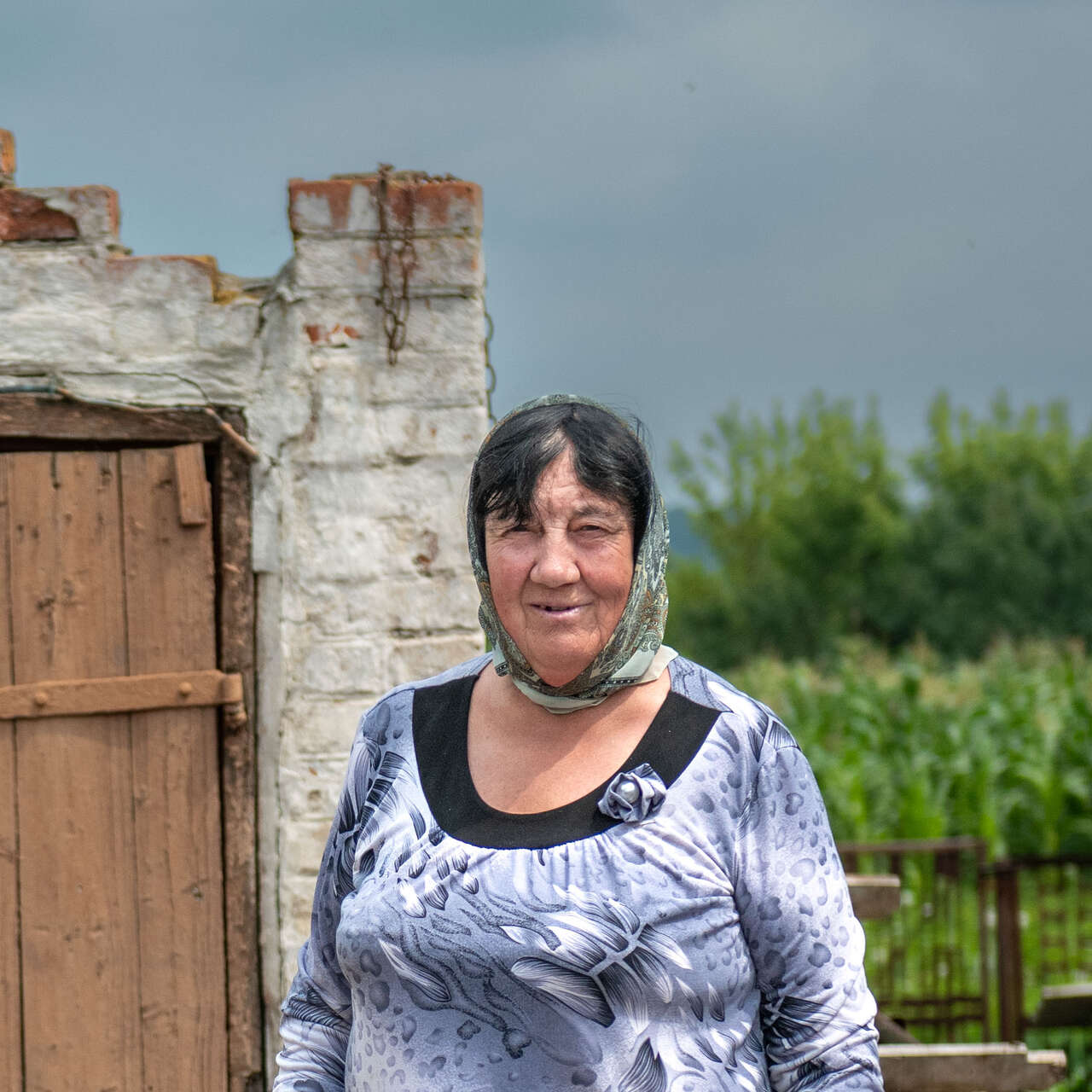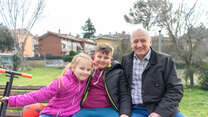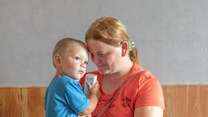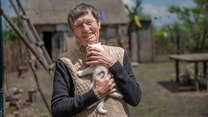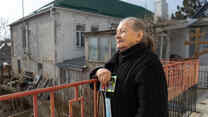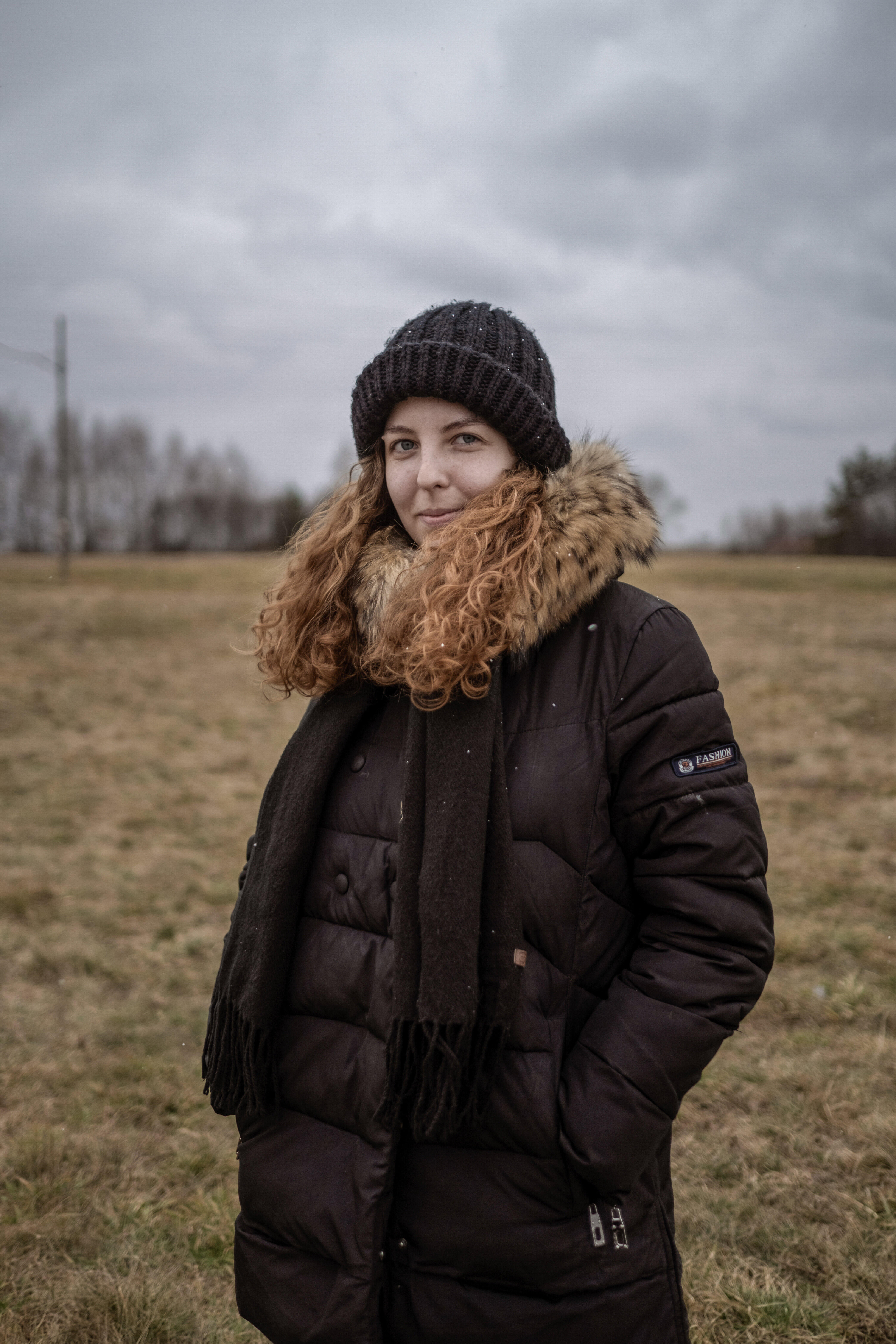IRC survey indicates immense mental health care toll on health workers
- Almost 1,000 days into the full-scale war in Ukraine, healthcare workers have gone far beyond their usual duties as the war has taken a significant mental toll on Ukrainian medical personnel, compounded by impossible decisions about whose life to save.
- 30% percent of respondents rarely manage their difficult feelings in a healthy way, without hurting themselves or others.
- 46% percent of all respondents are not optimistic about the future; 65% of young medical doctors lack faith in what tomorrow brings.
- “The IRC’s recent findings highlight the issue that often falls under the radar—the immense mental health impact of the war on the healthcare workforce, and the invisible cost of saving lives in times of war,” says Dr. Marko Isajlovic, IRC’s health coordinator in Ukraine
Millions of people have been uprooted from their homes in Ukraine and are in need of humanitarian assistance, in what has become the largest and fastest displacement crisis in Europe since World War II. Over 6 million people have fled the country, while millions more are displaced within Ukraine and in need of urgent humanitarian assistance.
The war in Ukraine has pushed the country into the IRC’s Emergency Watchlist for the first time since 2017.
The conflict in Ukraine escalated into a war on 24 February 2022. Bombs and shelling continue, damaging homes, hospitals, schools and other civilian infrastructure.
Over 3 million people are displaced inside Ukraine, while over 6 million have fled to seek safety.
Ukraine, which became an independent country in 1991 after the collapse of the Soviet Union, has been working to forge closer ties with the European Union and NATO, which escalated the tensions with Russia. In 2014, Russia illegally annexed the Crimean Peninsula and began backing pro-Russian separatists in parts of eastern Ukraine. Eight years of fighting have resulted in the deaths of over 3,000 people, forced more than 850,000 people from their homes, and left almost 3 million in need of aid. Eight years later, the conflict escalated into a war.
Russia’s war on Ukraine has resulted in humanitarian suffering on a scale beyond what Europe has seen this century. The world is bearing witness to the deaths of innocent civilians, the destruction of vital infrastructure, and massive displacement within Ukraine and beyond.
Over 14 million people in Ukraine are in need of humanitarian support.
As the attacks continue, people who remain in Ukraine are enduring the dangers of life under barrages of missile strikes, as countless people try to cope without adequate heat and electricity. Ukraine’s cold winter months exacerbate humanitarian needs in the country as families tried to keep warm amid destroyed buildings and heating infrastructure while temperatures regularly dropped below freezing. Meanwhile, constant shelling hinders access to basic needs and medical assistance.
Millions of people in Ukraine have been uprooted from their homes, among them over 6 million who have fled to Europe. The majority of those on the move are women and children, who are always most at risk of exploitation and abuse during crises.
The war spares no one—over 1,900 attacks on medical facilities have been recorded in blatant violations of international humanitarian law. Millions of people are struggling with war-compounded trauma without adequate mental-health support available.
“It is difficult to imagine the horror of children being woken up by explosions, with the roof shattered above their heads. There are no words strong enough to condemn bombarding and wounding children. They are bearing the heaviest burden of this war,” says Andrii Moskalenko, Pharmaceutical manager at the IRC.
Learn how the IRC’s mobile health teams are providing care in frontline regions of Ukraine.
Russia's invasion of Ukraine has resulted in one of the world’s largest global displacements and the war continues to force people out of their homes.
Over 6 million refugees have had to leave Ukraine, with almost 1 million Ukrainian refugees seeking safety in Poland.
People continue to stay in countries like Poland, Romania, Hungary, Slovakia and Moldova as it is unsafe to return to Ukraine. While basic humanitarian needs, like food and protection, are largely being met, additional integration support, such as job opportunities, long-term accommodation and language classes, are needed to help refugees rebuild their lives.
In Ukraine, we are focusing our assistance in the areas most heavily affected by the war. Together with our local partners, we are:
- Providing timely cash support to vulnerable families to enable them to cover their most basic needs,
- Supplying hygiene kits, dignity kits for women and adolescent girls, and psychosocial support kits for children,
- Providing essential protection services, including running Safe Healing and Learning Spaces for children, gender-based violence services and women’s centers, and legal assistance for people whose homes have been damaged by air strikes,
- Supporting overwhelmed health facilities with essential supplies and mobile health teams.
- Equipping families with gas stoves, warm blankets and power banks ahead of the cold winter season.
The IRC is also on the ground in Poland, working with local organizations to meet the needs of displaced families. This includes:
- Job skills training and job matching,
- Providing refugees with information on their rights and available assistance,
- Working with cultural assistants to help children integrate into classrooms,
- Continuing to support women affected by the war in Ukraine to find shelter in a carefully curated safe haven and a dedicated women’s center.
The IRC is responding along the entire arc of the crisis, assisting Ukrainian refugees across Europe and in the US.
Humanitarian needs resulting from the war in Ukraine demand unwavering global solidarity. As the initial response loses momentum, the international community needs to scale up its efforts to invest in longer term solutions to ensure that it empowers refugees to make informed decisions about their future and protect those who have remained in Ukraine.
